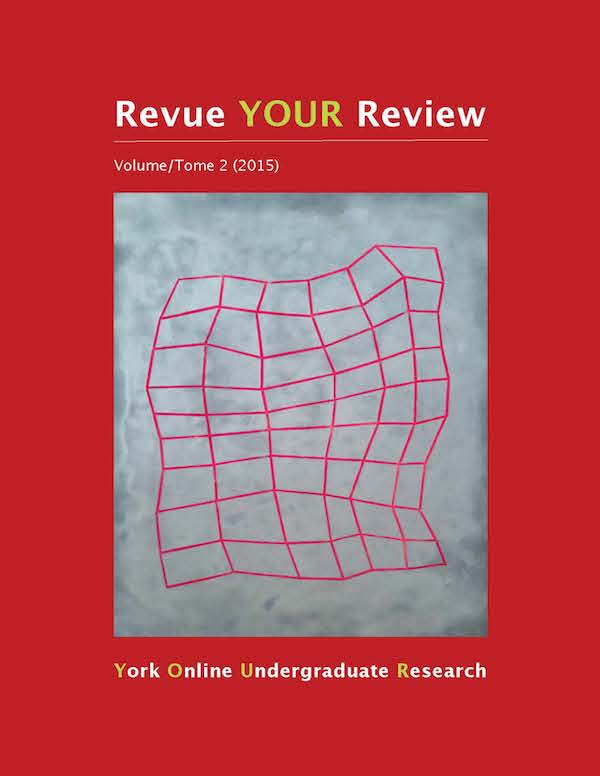The Youth and Law Project
Abstract
As children grow older, their birthdays not only mark the completion of another year of life, but can also deem them legally able to participate in certain aspects of society, such as voting or driving, according to Ontario’s age-based laws. In this project, I explore the views and perspectives of four children, aged 12-15, on some of the age-based laws in Ontario. In order to inform my research on children’s perspectives toward age-based laws, I have drawn on texts that discuss the origin of these laws, and differing perspectives toward the chosen ages for certain laws. Through informal interviews and discussions, I have gained an understanding as to whether the participants view these laws as a form of protection, or a denial of their participation in society, if a particular age-based law has more relevance to the participants, and whether they feel certain legal ages should be reassessed. The collected data have been analyzed using articles in the United Nations Convention on the Rights of the Child, in order to assess whether the participants feel age-based laws are a way for the government to protect or deny children of their rights. Ontario’s age-based laws may positively or negatively implicate the lives of children, and it is vital that such implications are analyzed through research with children.
Downloads
How to Cite
Issue
Section
License
Authors contributing to Revue YOUR Review agree to release their articles under one of three Creative Commons licenses: Creative Commons Attribution 4.0 International; Creative Commons Attribution-NonCommercial 4.0 International; or Creative Commons Attribution-NoDerivatives 4.0 International. All editorial content, posters, and abstracts on this site are licensed under Creative Commons Attribution-NoDerivatives 4.0 International. For further information about each license, see:
https://creativecommons.org/licenses/
In all cases, authors retain copyright of their work and grant the e-journal right of first publication. Authors are able to enter into other contractual arrangements for the non-exclusive distribution of the e-journal's published version of the article (e.g., post it to an institutional repository or publish it in a book or in another journal), with an acknowledgement of its initial publication in this e-journal.


